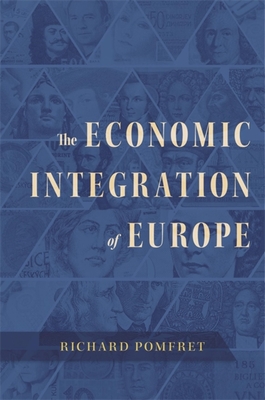Expedite your nonfiction book discovery process with Readara interviews, summaries and recommendations, Broaden your knowledge and gain insights from leading experts and scholars
In-depth, hour-long interviews with notable nonfiction authors, Gain new perspectives and ideas from the writer’s expertise and research, Valuable resource for readers and researchers
Optimize your book discovery process, Four-to eight-page summaries prepared by subject matter experts, Quickly review the book’s central messages and range of content
Books are handpicked covering a wide range of important categories and topics, Selected authors are subject experts, field professionals, or distinguished academics
Our editorial team includes books offering insights, unique views and researched-narratives in categories, Trade shows and book fairs, Book signings and in person author talks,Webinars and online events
Connect with editors and designers,Discover PR & marketing services providers, Source printers and related service providers

Economic Integration of Europe
Business & Economics > Economic History
- Harvard University Press
- Hardcover
- 9780674244139
- -
- -
- Business & Economics > Economic History
- (Single Author) Asian American
- English
Readara.com
Book Description
The clearest and most up-to-date account of the achievements--and setbacks--of the European Union since 1945.
Europe has been transformed since the Second World War. No longer a checkerboard of entirely sovereign states, the continent has become the largest single-market area in the world, with most of its members ceding certain economic and political powers to the central government of the European Union. This shift is the product of world-historical change, but the process is not well understood. The changes came in fits and starts. There was no single blueprint for reform; rather, the EU is the result of endless political turmoil and dazzling bureaucratic gymnastics. As Brexit demonstrates, there are occasional steps backward, too. Cutting through the complexity, Richard Pomfret presents a uniquely clear and comprehensive analysis of an incredible achievement in economic cooperation.
The Economic Integration of Europe follows all the major steps in the creation of the single market since the postwar establishment of the European Coal and Steel Community. Pomfret identifies four stages of development: the creation of a customs union, the deepening of economic union with the Single Market, the years of monetary union and eastward expansion, and, finally, problems of consolidation. Throughout, he details the economic benefits, costs, and controversies associated with each step in the evolution of the EU. What lies ahead? Pomfret concludes that, for all its problems, Europe has grown more prosperous from integration and is likely to increase its power on the global stage.
Author Bio
Dr. Richard Pomfret has been Professor of Economics at the University of Adelaide since 1992. Before coming to Adelaide, he was Professor of Economics at the Johns Hopkins University School of Advanced International Studies in Washington DC, Bologna (Italy) and Nanjing (China).
He previously worked at Concordia University in Montréal and the Institut für Weltwirtschaft at the University of Kiel in Germany. He has also held visiting positions at universities in Australia, Canada, China, France, Italy and the USA, and is an honorary Fellow of the Centre for Euro-Asian Studies at the University of Reading, UK, of Monash University European Centre, of the Centre for Social and Economic Research (CASE) in Warsaw, and of the research centre ROSES-CNRS at Université-Paris I.
Richard Pomfret has acted as adviser to the Australian government and to international organizations such as the World Bank, Asian Development Bank and United Nations Development Programme. In 1993 he was seconded to the United Nations for a year, acting as adviser on macroeconomic policy to the Asian republics of the former Soviet Union. He has also worked at the Organisation for Economic Co-operation and Development in Paris on several occasions while on leave from Adelaide.
His research interests centre on economic development and international economics, and he has published over a hundred papers in these fields. He has written seventeen books, including Investing in China 1979-1989; Ten Years of the Open Door Policy (1991), The Economics of Regional Trading Arrangements (1997; paperback edition 2001), Constructing a Market Economy: Diverse Paths from Central Planning in Asia and Europe (2002),
The Central Asian Economies since Independence (2006), Regionalism in East Asia (2011),The Age of Equality: The twentieth century in economic perspective, published by Harvard University Press (2011) and Trade Facilitation, co-authored with Patricia Sourdin and published by Edward Elgar (2012). He has also written textbooks on international trade and on development economics, and edited a textbook on Australian trade policies.
Source: The University of Adelaide
Videos
No Videos
Community reviews
No Community reviews

